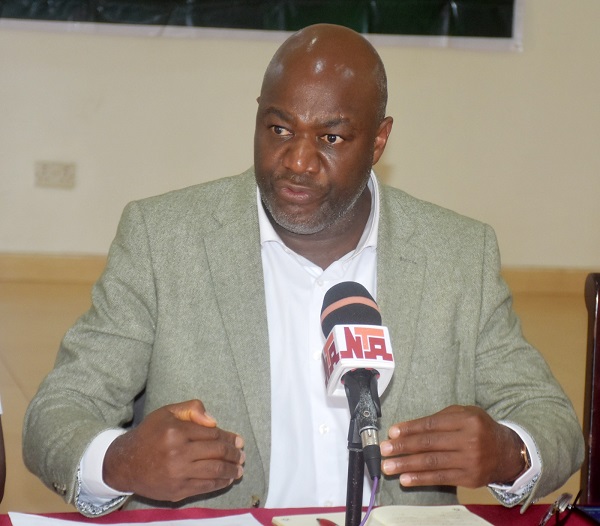
The Society for Planet Prosperity (SPP) said it has collaborated with GCA Capital Partners and Climate Advisers Network (Berlin) to execute a project aimed at mapping out 10 key steps and decisions that, if taken within the next five years, will trigger a socio-economic transformation necessary to meet the Nigerian government’s net-zero objective.
The specific objective of the project, titled “Top 10 Measures for Nigeria to Reach Net Zero,” it said, it would analyse the key policy instruments and activities within Nigerian climate change mitigation programmes, to assist the government’s plans to achieve the net-zero target by 2060. This is in support of all the government’s policies and activities aimed at mitigating the challenges of climate change in the country.
The project involved engaging key stakeholders ranging from government MDAs, think tanks, civil society organisations, media practitioners and others to rate all 33 measures identified by the project team from various government policies such as the 2021 updated NDC, the Long-Term Vision for the Low Emission Development Strategy, the Medium-Term National Development Plan, the Appropriations bill, the Nigeria Economic Sustainability Plan, the Nigeria Climate Policy, the Energy Transition Plan and the Ministry of Finance, Budget and National Planning-Climate Finance Strategy.
To arrive at the top 10 measures, the rating was underpinned using criteria like emissions in tonnes of carbon dioxide avoided, financial efficiency, job creation, gender responsiveness, poverty reduction, food security, health outcomes, sustainable production and consumption.
After series of stakeholder engagement and both online and offline surveys on the rating of the 33 identified measures, the top 10 measures emerged. These measures include a strong focus on generating renewable electricity both on and off-grid, eliminating diesel and gasoline generators for electricity generation by 2030, planting 300 million trees [this decade] and promoting agro-forestry, reforestation and afforestation, ending (associated) gas flaring by 2030, reducing wood cooking from the current 72 per cent of the population to 20 per cent of the population by 2030/introducing clean cooking into 30 million households, embarking on the construction of 300,000 green homes in the next 12 months and 1.5 million over the next 5 years, achieving a modal shift in transport by realising a shift of passengers to Bus Rapid Transport (BRT) backed up by enforcement of emissions standards in vehicles, ending landfilling of untreated waste and transit into properly designed and managed landfills with state-of-the-art gas collection, increasing the amount of irrigated land (ha) using renewable energy for pumping from 24.35 per cent to 100 per cent (and associated increase use of off-grid power in communities), consistent economy-wide energy efficiency improvements (-50 per cent from 2015 baseline) and landscape-scale restoration and recharging of the Lake Chad Basin.
These measures, if implemented in the next five years, would underpin a socio-economic transformation required to enable Nigeria meet the government’s 2060 net-zero objective announced at COP26 in Glasgow, Scotland.
The “Top 10 Measures for Nigeria to Reach Net Zero” project, funded by the European Climate Foundation (ECF), lasted for 10 months. A rough calculation indicates that these measures could result in an emission reduction of about 174.01 million metric tonnes of CO2 equivalent by 2030, similar to fossil emissions of Algeria or Iraq in 2021.


